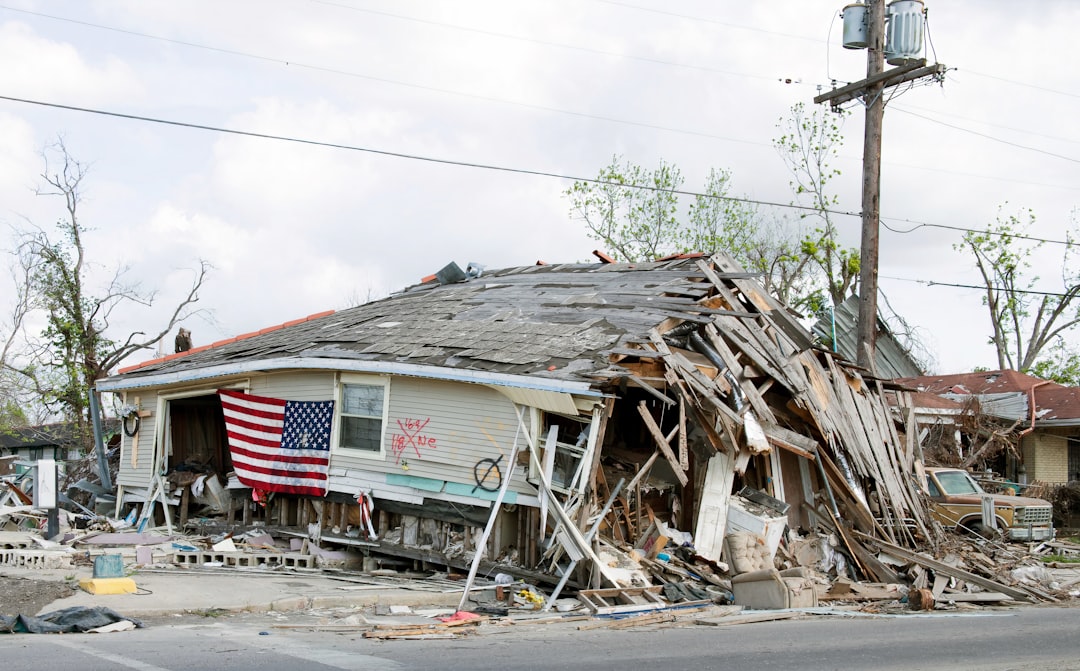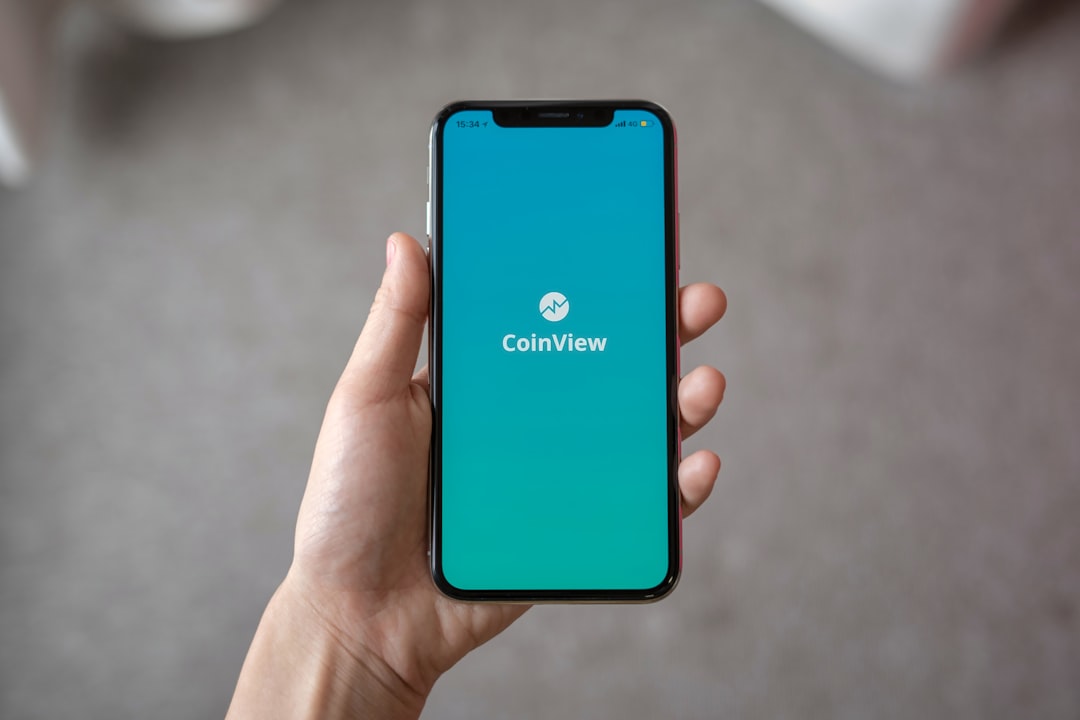Telemarketing fraud in Louisiana is evolving with advanced technology, targeting individuals through imposter charities or government agencies. Despite the state's "Do Not Call" registry, scams persist due to anonymous calls and lack of immediate consequences. Nonprofits play a vital role by offering financial, legal, and emotional aid to victims, while educating communities about Do Not Call attorney Louisiana services and raising awareness to combat this growing threat, especially targeting the elderly and financially illiterate.
In Louisiana, telemarketing fraud has emerged as a growing concern, particularly targeting vulnerable populations. This article explores the crucial role of nonprofits in addressing this escalating issue. We examine various strategies that nonprofits employ to support victims, from immediate relief and crisis intervention to long-term recovery assistance. By delving into real-life case studies, we highlight successful nonprofit interventions and preventative measures aimed at educating communities on avoiding scams. Skip the Do Not Call attorney Louisiana; instead, discover community-driven solutions empowering residents against fraud.
Understanding Telemarketing Fraud: A Growing Concern in Louisiana

Telemarketing fraud, a deceptive practice that has been around for decades, is experiencing a resurgence in Louisiana. As technology advances, so do the tactics used by scammers to target vulnerable individuals across the state. One of the most prevalent forms of this fraud involves imposter organizations posing as legitimate charities or government agencies, often reaching out via telephone and asking for financial contributions. These scams prey on people’s goodwill and urgency, leaving victims with significant financial losses and emotional trauma.
In Louisiana, where the “Do Not Call” registry is well-known among residents, telemarketing fraud has become an increasing concern. The ease of making anonymous calls and the lack of immediate consequences for scammers make it a growing problem. Nonprofits in Louisiana play a crucial role in supporting victims of these fraudulent schemes by providing financial assistance, legal guidance, and emotional support to help them recover and rebuild their lives.
The Impact on Vulnerable Populations

Telemarketing fraud can have a devastating impact on vulnerable populations, including the elderly and individuals with limited financial literacy. These groups are often targeted by scammers due to their trustworthiness or lack of awareness about protection measures. Nonprofits play a pivotal role in supporting victims of such fraudulent activities. They provide crucial resources, education, and support networks that help restore a sense of security and stability for those affected.
In Louisiana, where the “Do Not Call” attorney regulations are in place, nonprofits contribute to raising awareness about these laws and empowering individuals to protect themselves from telemarketing scams. By organizing workshops, distributing informative materials, and offering one-on-one counseling, they ensure that vulnerable populations understand their rights and have access to help when falling victim to fraudulent schemes.
How Nonprofits Can Step In: Strategies and Services

Nonprofit organizations play a vital role in supporting victims of telemarketing fraud, especially in places like Louisiana where “Do Not Call” laws are often bypassed. These groups can step in and provide crucial assistance through various strategies and services. One primary approach is offering legal aid and advice, helping individuals navigate complex legal systems to seek justice and compensation. Many nonprofits also establish support hotlines specifically for telemarketing fraud victims, offering immediate assistance and guidance.
Furthermore, they organize awareness campaigns to educate the public about common fraud schemes, empowering people to make informed decisions. Some nonprofits provide financial aid or grants to help victims recover from their losses, while others facilitate access to counseling services to address the emotional trauma caused by such fraudulent activities. These initiatives complement law enforcement efforts and ensure that victims receive holistic support tailored to their unique needs.
Case Studies: Successful Nonprofit Interventions

Nonprofits play a crucial role in supporting victims of telemarketing fraud, offering much-needed assistance and resources. One notable example is the work of organizations focused on consumer protection in Louisiana, who have successfully intervened in numerous cases where residents fell victim to “Do Not Call” violators. These nonprofits provide legal aid, helping victims understand their rights and take action against offenders. They also offer counseling services to mitigate the emotional trauma often associated with such scams.
Through case management and advocacy, these nonprofits have achieved significant results. They’ve secured refunds for victims, facilitated settlements with perpetrators, and even lobbied for stricter enforcement of telemarketing regulations in Louisiana. Their efforts not only restore financial losses but also raise awareness about the prevalence and impact of telemarketing fraud, ultimately fostering a safer environment for consumers.
Preventative Measures and Community Education

Nonprofits play a vital role in supporting victims of telemarketing fraud by implementing preventative measures and educating communities. One key strategy is raising awareness about common scams, such as Do Not Call registry attorney Louisiana services, to empower individuals to protect themselves. Through workshops, seminars, and online resources, these organizations teach people how to recognize fraudulent calls, hang up on suspicious interactions, and report potential scams.
Furthermore, nonprofits collaborate with local authorities and government agencies to develop and disseminate anti-fraud guidelines. They organize community events, like ‘Scam Awareness Weeks,’ to foster open dialogue about the latest fraud trends. By combining education and support services, these initiatives ensure that victims feel empowered to take action against telemarketing fraudsters and protect themselves in the future.






